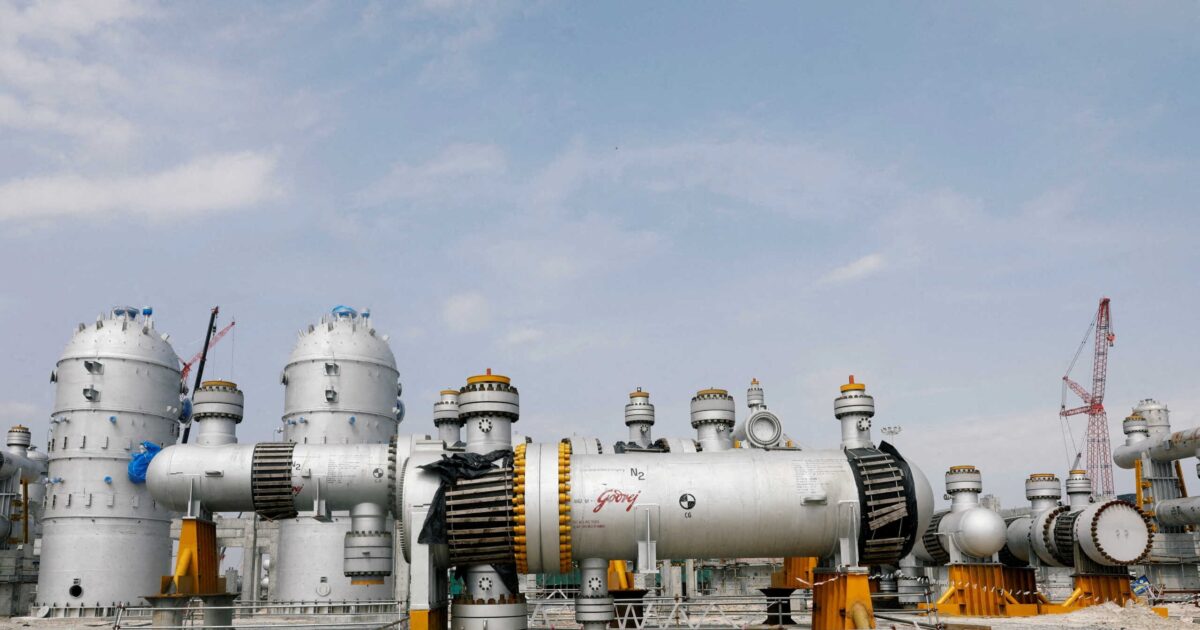Downward trend is recorded this year in imports gas that Greece makes from the Russia Gas in Greece, with their percentage being 39% from 51.6% last year.
Thus, LNG is the first source of supply in the Greek market, although Russia continues to provide significant quantities of gas.
In view of the forced abolition of Russian imports promoted by the Commission by 2027, the Greek blend is expected to change drastically in the coming years. The beginning will be already in the winter this year, by limiting new contracts for Greek importers. Specifically, 1/3 of the existing quantities must be replaced first with new contracts from other sources.
This is a development that may gradually affect the costs paid by consumers. The data of the European Observatory shows that Athens this year had the seventh cheaper cost for households than all capitals of Epirus, including taxes and fees.
It should also be noted that in Greece the average gas account has proportionally smaller taxes and fees (make up 38%) compared to the European average (50%). This keeps the money paid by the Greek consumer compared to those of Western Europe.
It is currently early to diagnose whether the loss of Russian gas will lead to price. As a rule it is cheaper than other solutions, but the predictions of most international analysts show that the price of LNG will be reduced in the coming years, pressing the European TTF contract. Thus, it is ultimately a tendency to offset the other.
In all this there is a degree of uncertainty. For example, demand in the US tends to grow due to investment in data centers, so it can raise prices for LNG exports. Similarly, new geopolitical developments could be changed again. We should not forget the Greek hydrocarbon surveys, which after 2030 could produce fruits if they are successful.
